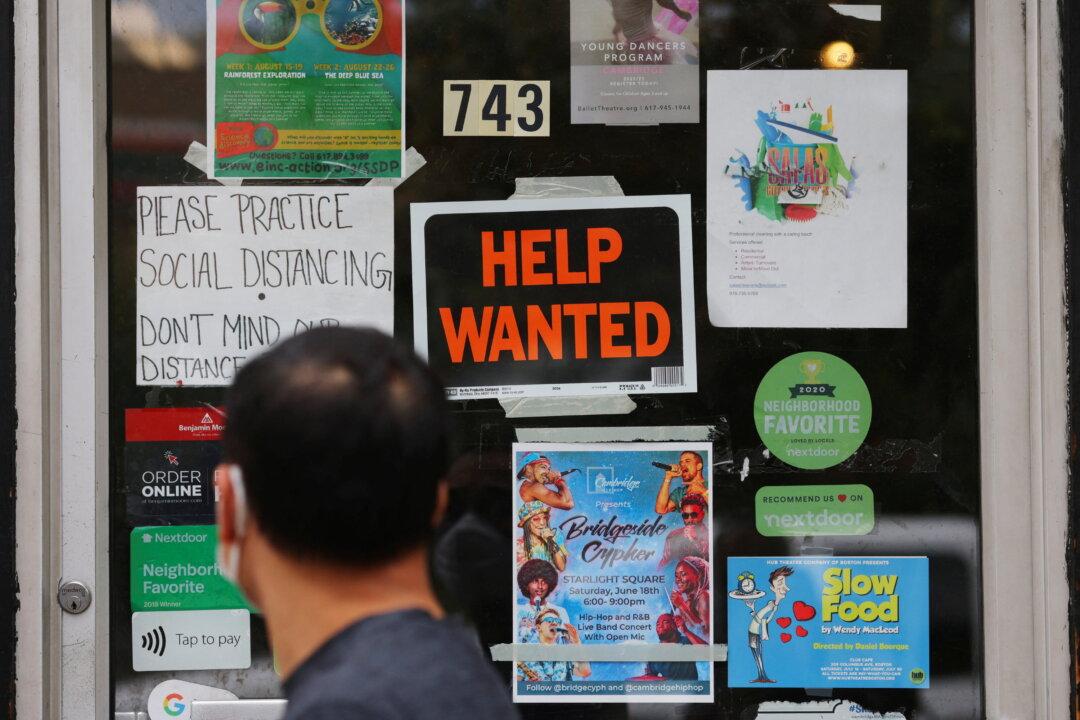Optimism among America’s small business owners fell last month, with many of them deeply concerned about the negative effects of inflation, according to the National Federation of Independent Business (NFIB).
The NFIB’s Small Business Optimism Index fell 0.8 points to 91.3 in October, which is the 10th straight month the index has remained below the 49-year average of 98, according to a Nov. 8 press release. Owners who expect business conditions to improve over the next six months declined two points to a net negative 46 percent. The net percent of owners expecting real sales to climb higher fell by three points to a net negative 13 percent.





